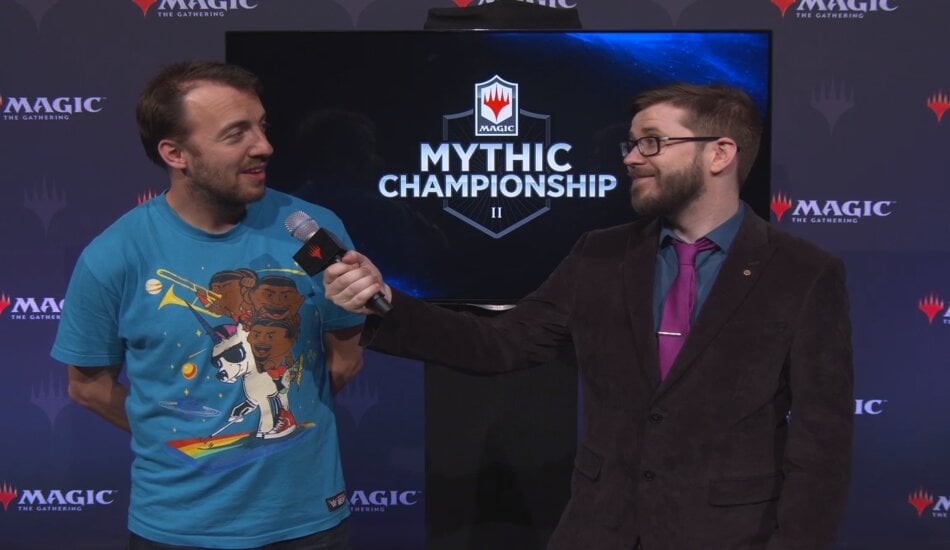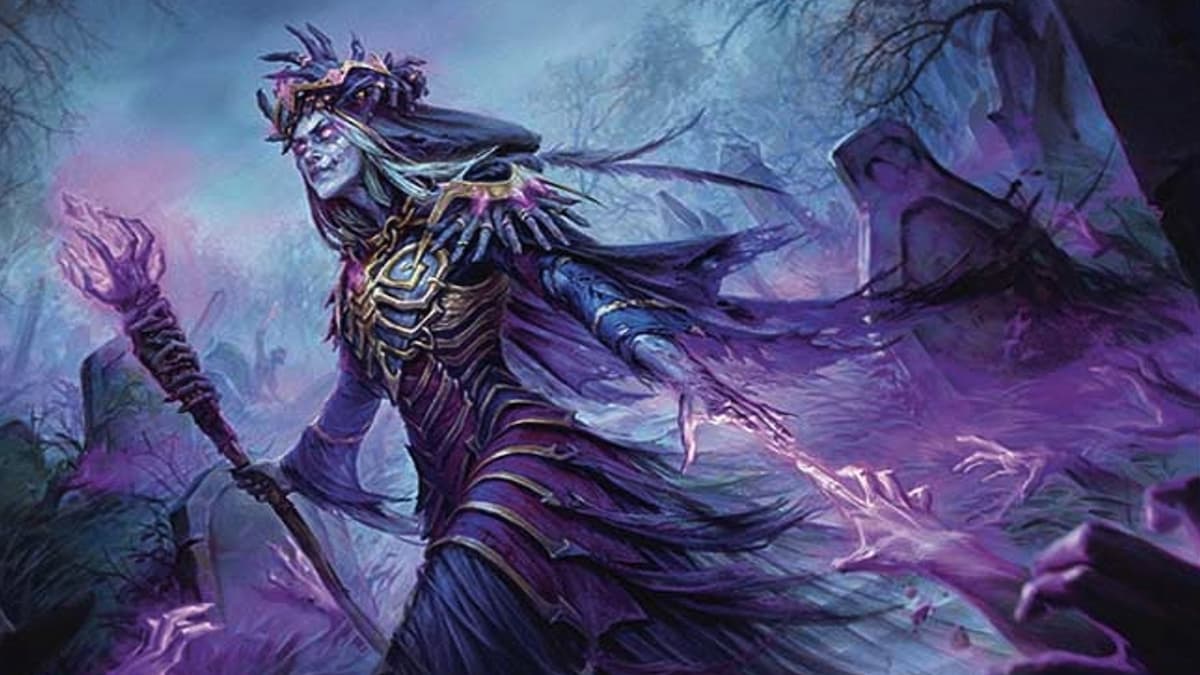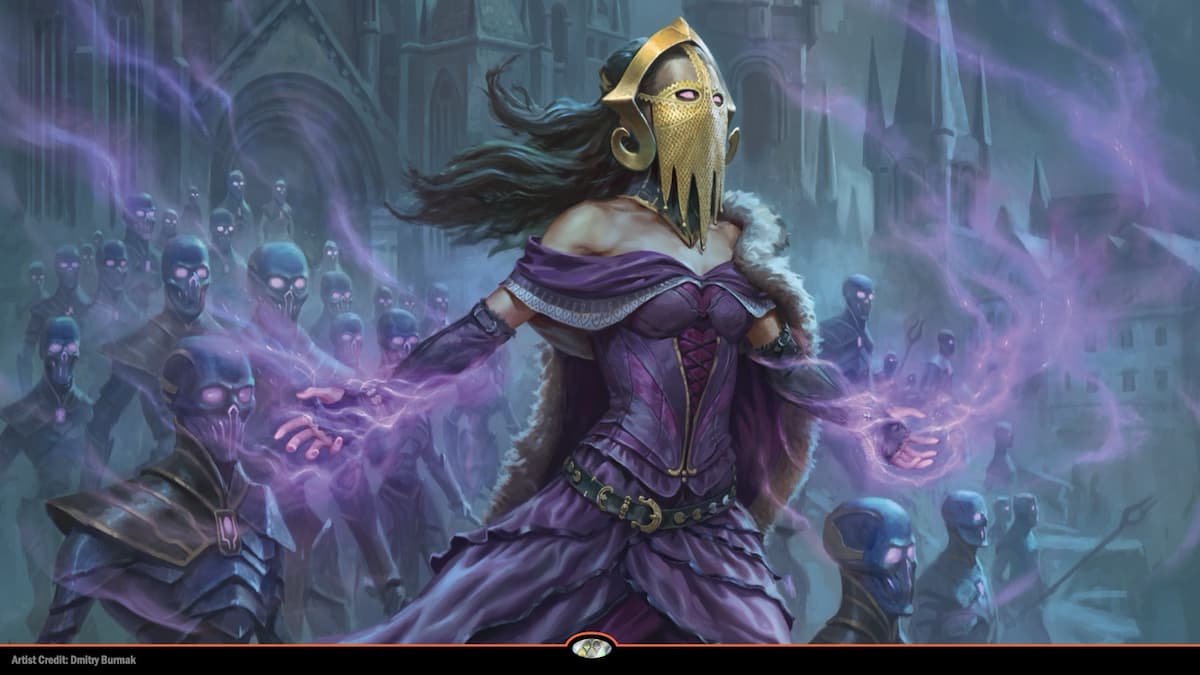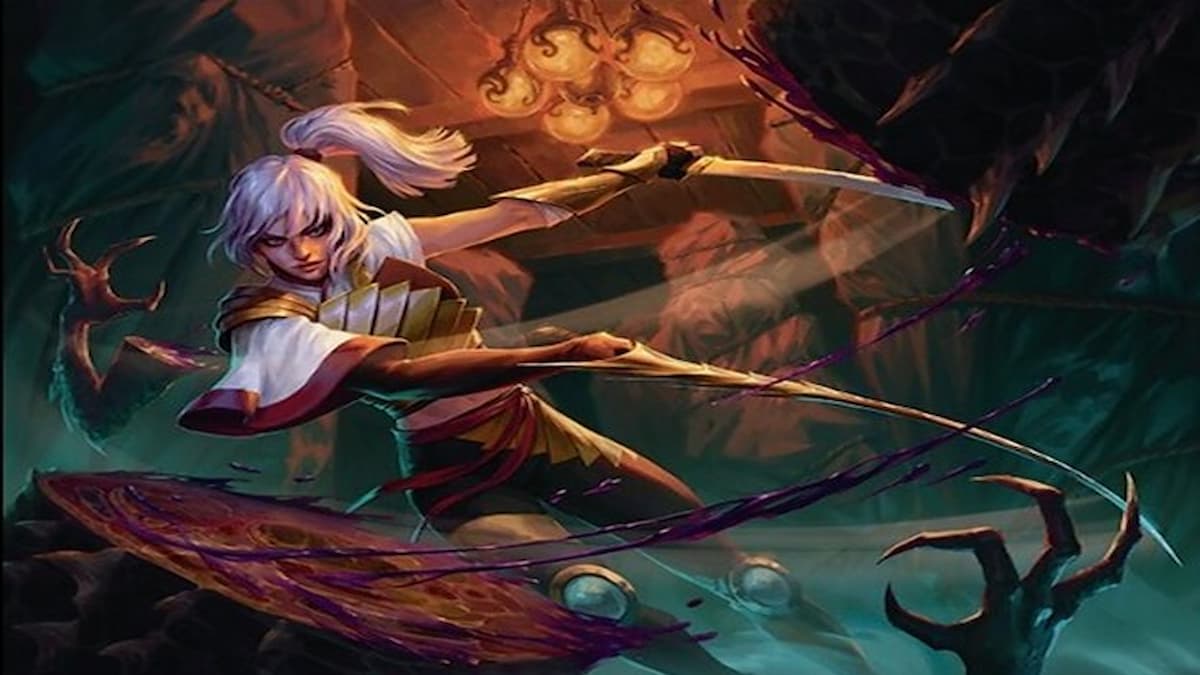After continued playtesting from Wizards of the Coast, it’s been determined that the London Mulligan rule will go into effect with the release of the Core Set 2020 across all Magic: The Gathering formats this summer.
First introduced during the MTG Mythic Championship II, the London Mulligan rule didn’t mess up the Modern format like many predicted and debuted without any major catastrophes. Since then, many Magic: The Gathering players in the community have been asking if the London Mulligan will replace the current mulligan process.
The London Mulligan rule adds additional benefits to players across every format in Magic: The Gathering. The current mulligan method has players drop a card with each mulligan and allows them to scry one after deciding to keep a hand.
If an opening hand for a player contains no lands, for example, they’ll need to mulligan. Instead of drawing seven cards as they did for their opening hand, now the player only draws six. If they choose to mulligan again, it’ll go down to five.
With the London Mulligan, players get to draw seven cards every time and only discard per each mulligan. A player who mulligans twice with the London Mulligan will still draw seven cards, choose to keep their hand, and then discard two cards.
The advantage to the London Mulligan rule is players have more control over their opening hands. Many thought this would “break” Modern, but as seen during the Mythic Championship II in London, it only improved opening hands by a small percentage, maintaining balance throughout the tournament.
With the addition of the London Mulligan rule in every Magic: The Gathering format, players on MTG Arena and in paper form might have to adjust their decks to compensate for better opening hands in Standard.
Take, for example, Esper Midrange. Thought Erasure can wreak havoc on just about any archetype and its a card many Esper Midrange players want in their opening hand. In fact, they want it so much that it’s worth using the London Mulligan rule for it. The same goes for other cards in formats like Commander, Modern, Legacy, and Pauper.
With the release of MTG Core Set 2020, the London Mulligan rule will go into effect across all formats. In paper and digital, however, the launch dates are different.
The London Mulligan rule will go into effect during the pre-release weekend of MTG Core Set 2020 on July 5. MTG Arena will begin testing the London Mulligan on June 7 and fully implement it on July 2. Likewise, Magic Online will begin using the London Mulligan on July 2.













Published: Jun 3, 2019 11:58 am